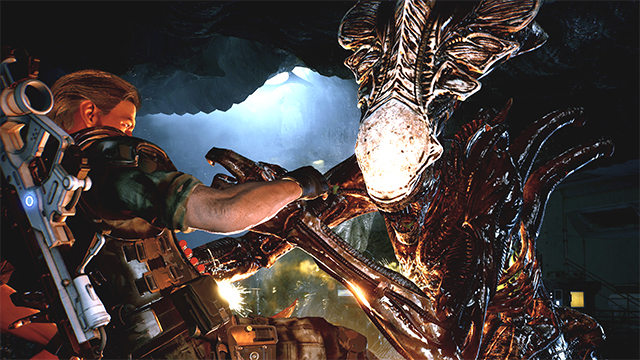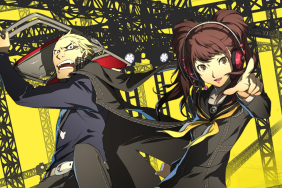Aliens: Fireteam Elite is out today on PlayStation 4, PlayStation 5, Xbox One, Xbox Series X|S, and PC. As our review states, it’s a solid co-op shooter with some thrills for Aliens fans.
Editor-in-Chief Tyler Treese recently sat down with Chief Creative Officer Matt Highison and CEO Craig Zinkievich to speak about this newly recently title and touched on topics from the game’s replayability to…









